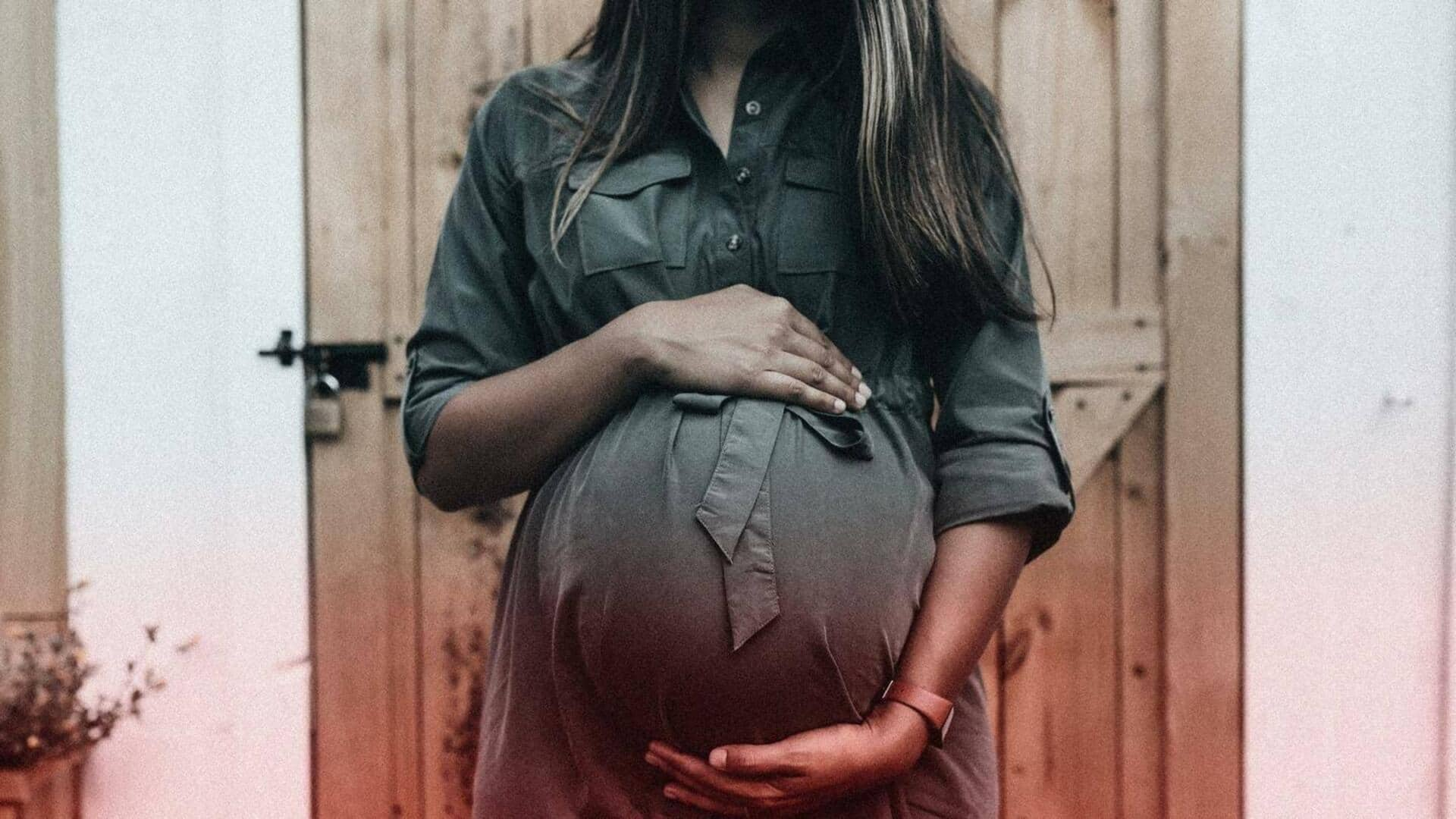
What are new changes to India's surrogacy law
What's the story
In a relief to married couples aspiring to be parents, the Union Ministry of Health and Family Welfare has updated the Surrogacy (Regulation) Rules, 2022.
The amendment allows the use of donor gametes—egg cells and sperm—in surrogacy cases if one partner in the "intending couple" has a medical condition.
The change comes months after the Centre's ban on donor gametes, which led to many women filing petitions in the Supreme Court against the decision.
New rules
Intending couple has to prove medical illness
Under the new rules, donor gametes can be used in surrogacy if the District Medical Board confirms that either the husband or wife in the intending couple has a medical condition requiring its use.
The child born through surrogacy must have at least one gamete from the intending couple.
The amended rules do not apply to widowed, divorced, or unmarried women.
To note, the Indian law bans single unmarried women from having children through surrogacy.
Reaction
Health experts welcome the changes
Health experts have applauded the decision to permit donor gametes in surrogacy cases.
Dr. Anjali Malpani, an In Vitro Fertilization (IVF) specialist from Mumbai, said that some women need donor eggs due to age or medical conditions after trying other methods of getting pregnant.
Dr. Shivani Sachdev Gour, founder secretary of Delhi State chapter of Indian Society for Assisted Reproduction (USAR), added that this decision would bring relief to heterosexual married couples seeking surrogacy after multiple miscarriages and failed IVFs.
Supreme Court
Women from across India petitioned in SC
In March 2023, the Center through Rule 7 under the 'Consent of the Surrogate Mother and Agreement for Surrogacy of the Surrogacy (Regulation) Act had mandated that both the egg and the sperm should come from the intended couple.
This triggered multiple petitions in the SC from women across the country.
After allowing a woman with Mayer-Rokitansky-Kuster-Hauser (MRKH) Syndrome to use donor eggs for surrogacy last year, the court has since permitted two dozen petitioners to use donor eggs.
High Court's judgment
Ban on donor gametes violates basic rights: Delhi HC
In October, the Delhi High Court observed that the ban on donor gametes in surrogacy violated the "basic rights" of married infertile couples.
This led the government to review the amendment in January.
Separately, there have been several petitions to allow single unmarried women to have kids via surrogacy, albeit SC has been hesitant.
In this case, the apex court has underscored that it needs to preserve the institution of marriage and cannot follow western countries in this matter.